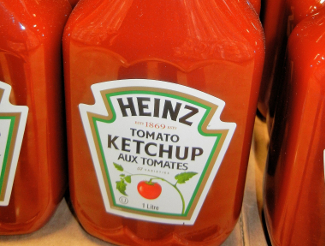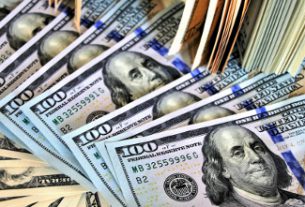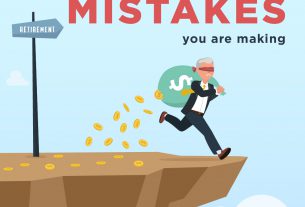The story of stock markets over the past several years has been one of phenomenal growth. The bull market in stocks since 2016 finally gave many investors the feeling that the US economy had recovered from the financial crisis. From less than 16,000 points in early 2016, the Dow Jones Industrial Average has rocketed up to nearly 30,000 points. And it seems that markets continue ignoring all the bad news and potential headwinds in their search for new highs.
But much of the rise in markets has been due to corporate stock buybacks. In fact, corporations have been the largest net buyers of stocks over the past decade, buying back billions and billions of dollars worth of shares. But where did they get all that money?
Thanks to the Federal Reserve pushing interest rates to record lows, borrowing rates have remained suppressed for over a decade. That incentivized many corporations to borrow money in order to buy back their shares. Not only did that boost share prices, it also boosted earnings per share, a key metric used in determining executive compensation. And it also enhanced the control that corporate insiders could have within their companies.
But with so much debt being issued by corporations, there was bound to be a drawback. Corporate debt levels are more than 50% higher today than they were before the financial crisis. And much of the debt that has been issued over the past decade has been of poor quality.
The danger that Wall Street has been afraid of is of widespread corporate debt downgrades. Trillions of dollars worth of corporate debt is currently rated in the BBB tranche, the last rung above junk status. In the event of corporate debt being downgraded from BBB- to BB+, numerous pensions funds and financial institutions who are required to hold investment-grade debt would have to divest themselves of that downgraded debt. The prospect of trillions of dollars worth of corporate debt entering the junk bond market is one which no one on Wall Street wants to see. But the wave of downgrades may have just started.
Recent downgrades have put both Kraft Heinz and Macy’s debt firmly into the junk bond range. That’s a concerning move for those two corporate behemoths, and it has many investors wondering which companies are next. Kraft Heinz is the largest fallen angel to enter junk bond status since 2005, a worrying sign that we’re looking at the prelude to the next financial crisis. We’ve been warning about the collapse of the corporate debt bubble for a while, and it looks like that bubble may finally be starting to pop.
Are you prepared for the corporate debt bubble to burst? Are your retirement savings protected with investments in gold and silver? Or will the debt bubble’s bursting take you by surprise? If you haven’t already taken steps to safeguard your investment portfolio, time’s a-wasting. Don’t let yourself be taken by surprise. Learn how to protect your savings with gold and silver today.
This article was originally posted on Goldco.





